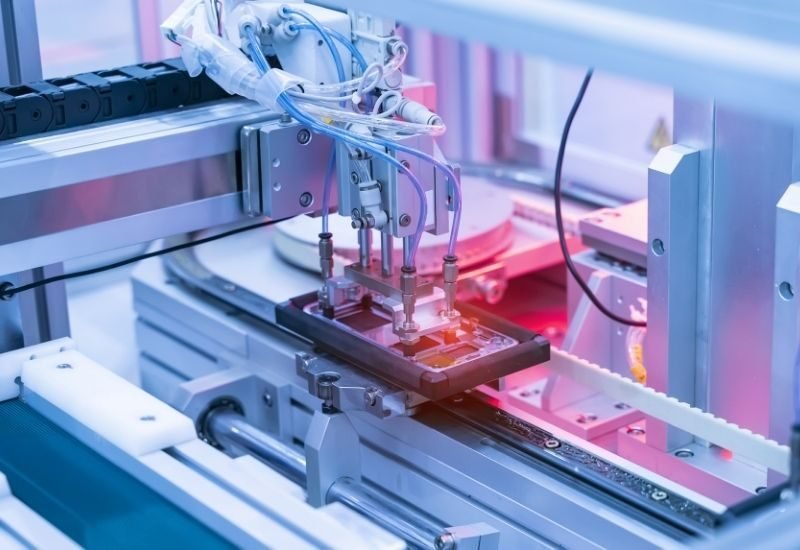A Look at How Your Smartphone Is Manufactured
Have you ever wondered how the smartphone in your pocket is created? Modern cellphones are very deserving of the title “smartphones” since they’re basically mini, portable computers. It takes a lot of planning, testing, and manufacturing to produce these devices. If you’re curious about how they’re made, keep reading to learn how your smartphone is manufactured.

Developing a Prototype
The manufacturing process starts with a design and a blueprint. This is the first form of your new smartphone; during this step, the new model is just a concept. This stage is where designers compare with previous models, make improvements, and brainstorm new features. From here, engineers take this concept and develop a prototype out of it, which becomes the first technical version of this new model.
Testing Process
Once the prototype is complete, it undergoes rigorous testing to ensure it meets the company’s standards for quality, functionality, and durability. This testing phase is critical; it exposes the prototype to various scenarios that mimic real-world usage. Engineers and designers scrutinize every aspect of the device, from its software performance to its physical resilience against drops and water exposure. Any flaws discovered during this phase lead to refinements and, if necessary, reiterations of the prototype. Only after the prototype has passed all tests with flying colors does it move on to the next stage of mass production.
Mass Production
As smartphones become smaller and more compact, their internal parts are near microscopic. This makes using measuring tools like the micrometer essential for precise production and installation of microchips, wiring, and more. Often, automated factory machines handle a bulk of smartphone manufacturing, though some of these more intricate processes still need to be performed or overseen by employees. Utilizing machines for production increases efficiency and helps produce goods much faster, which is crucial for such popular products as smartphones. From the factory, new phones are packaged and shipped off to stores.
This has been a look at how your smartphone is manufactured. You’ll now have a clearer idea of the process the next time you use it—maybe you’re even reading this very article on your phone? There’s a lot to appreciate about the mini computers we use every day.